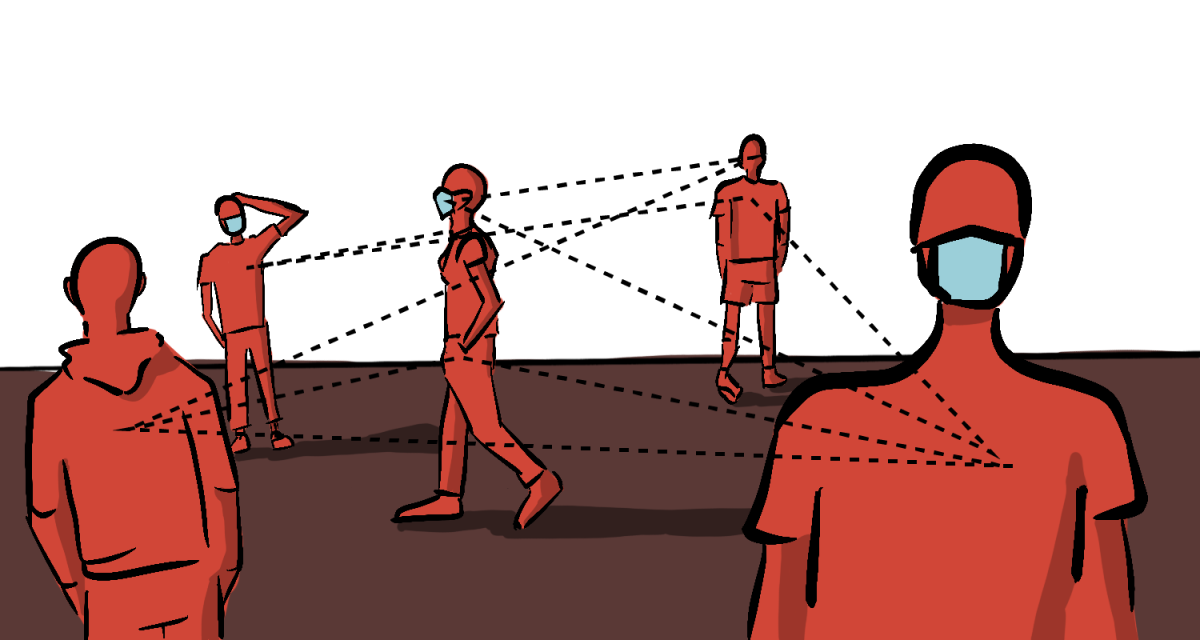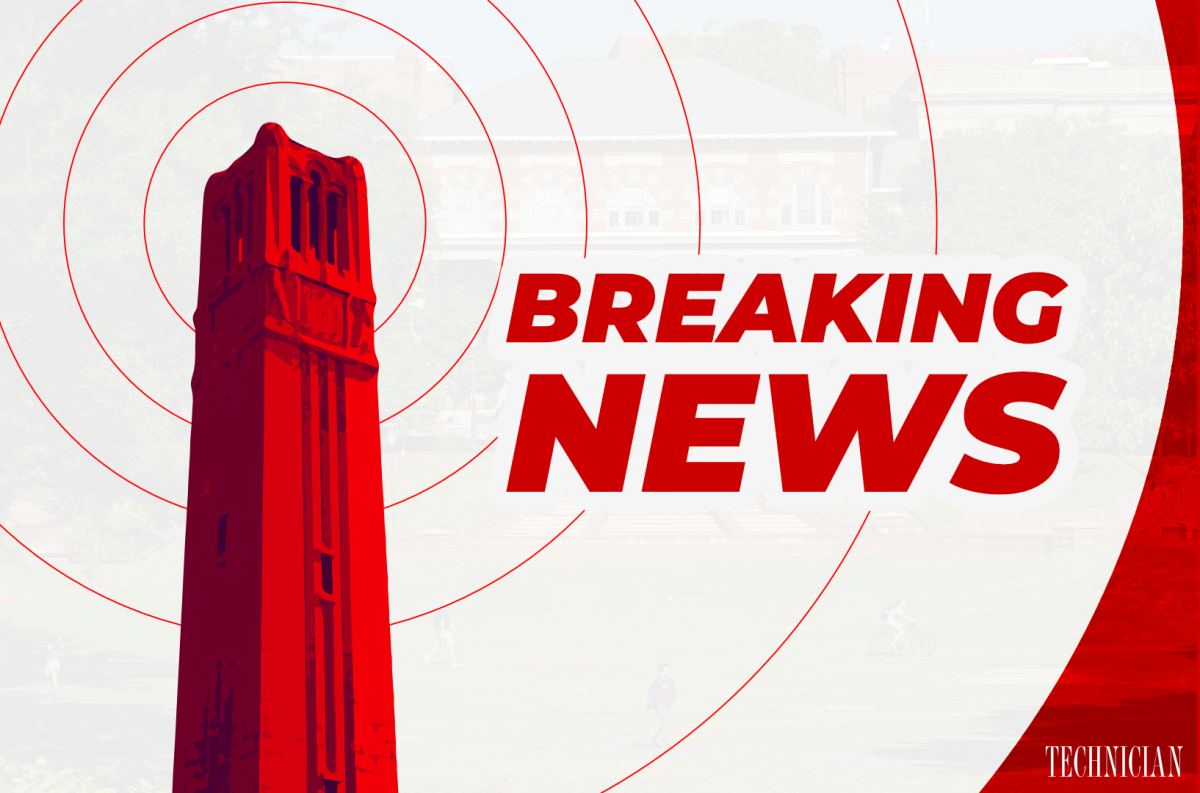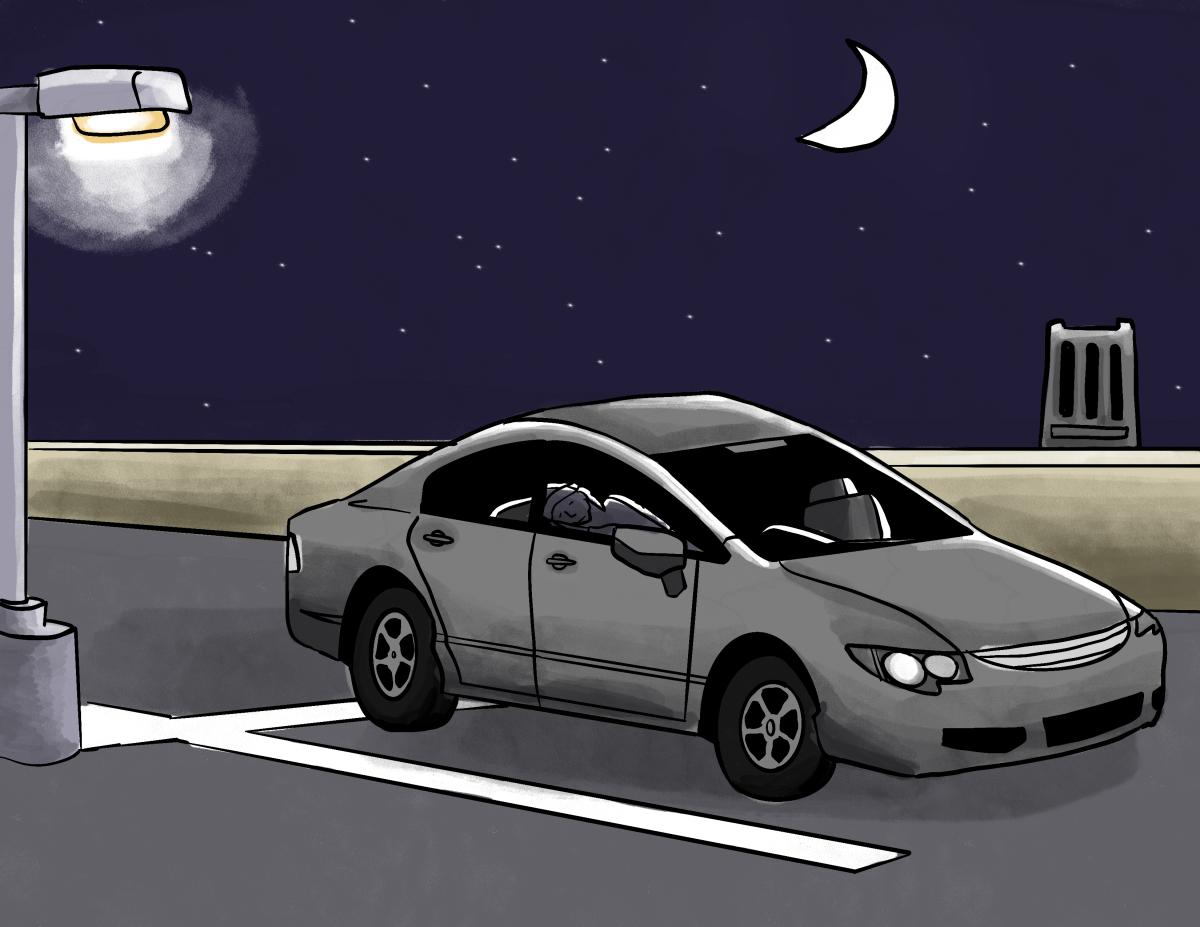NC State’s contact tracing program provides students faculty and staff with the opportunity to self-report if they are diagnosed with COVID-19. Now, students are claiming that the program had poor communication and lacked logistical planning.
The program started when students returned to campus at the start of the semester to attempt to slow the spread of COVID-19 by contacting everyone whom the infected person has come into prolonged contact with.
Those identified as having been in prolonged contact with an infected individual are instructed to self-quarantine either off campus or in a designated on-campus quarantine dorm. As of Aug. 29, 1,054 individuals were in isolation/quarantine off campus as a part of the contact tracing procedure, and 67% of on-campus quarantine rooms were occupied, according to the Protect the Pack Testing and Tracking page.
One participant in NC State’s contact tracing program, a fourth-year student who chose to remain anonymous, shared their experience with the COVID-19 testing and contact tracing at NC State. The anonymous student stated they were symptomatic and Student Health told them they needed to self-quarantine.
However, the student expressed uncertainty about the procedures the University implemented for students quarantining on campus.
“I quarantined in E.S. King Village apartments,” the student said. “I thought it was really poorly thought out at first because I have the luxury of having a car, but if I hadn’t, they didn’t explain how to transport yourself at all. A lot of the freshmen who don’t have cars and have to go into quarantine don’t know what to do, and they either walk there, which is really bad, because if they’re going to Avent Ferry, they’re crossing a highway with all of their stuff, or they get their friends to drive them, and then they risk exposing their friends.”
The anonymous student also said they felt like they did not know much about the contact tracing program, even after having been a part of it. According to the student, Student Health did not do an effective job of explaining the program.
Herneet Bajwa, a first-year studying philosophy, explained that she had not heard of NC State’s contact tracing program prior to being sent an email instructing her to leave her on-campus housing immediately and and either self-quarantine at home or in an assigned quarantine room on campus after being exposed to COVID-19.
“All I was told was that I had been in contact with someone who was positive or presumed positive, which was very scary,” Bajwa said. “When I got the email, I was very shocked by how short of a notice I had to move off campus and upset that I had to leave, but I understood that I needed to leave for my safety and the safety of others.”
Bajwa decided to self-quarantine off campus, but received little communication from the University after she left campus.
“Once we left, there was no contact information, or any information being sent to us updating us on what was happening or when we’d be able to come back on campus,” Bajwa said.
Visit the Protect the Pack website for more information about contact tracing at NC State.
Are you an NC State student who has been involved and/or has experience with the Contact Tracing Program? Reach out to technician-news@ncsu.edu, if you would like to share your story.











